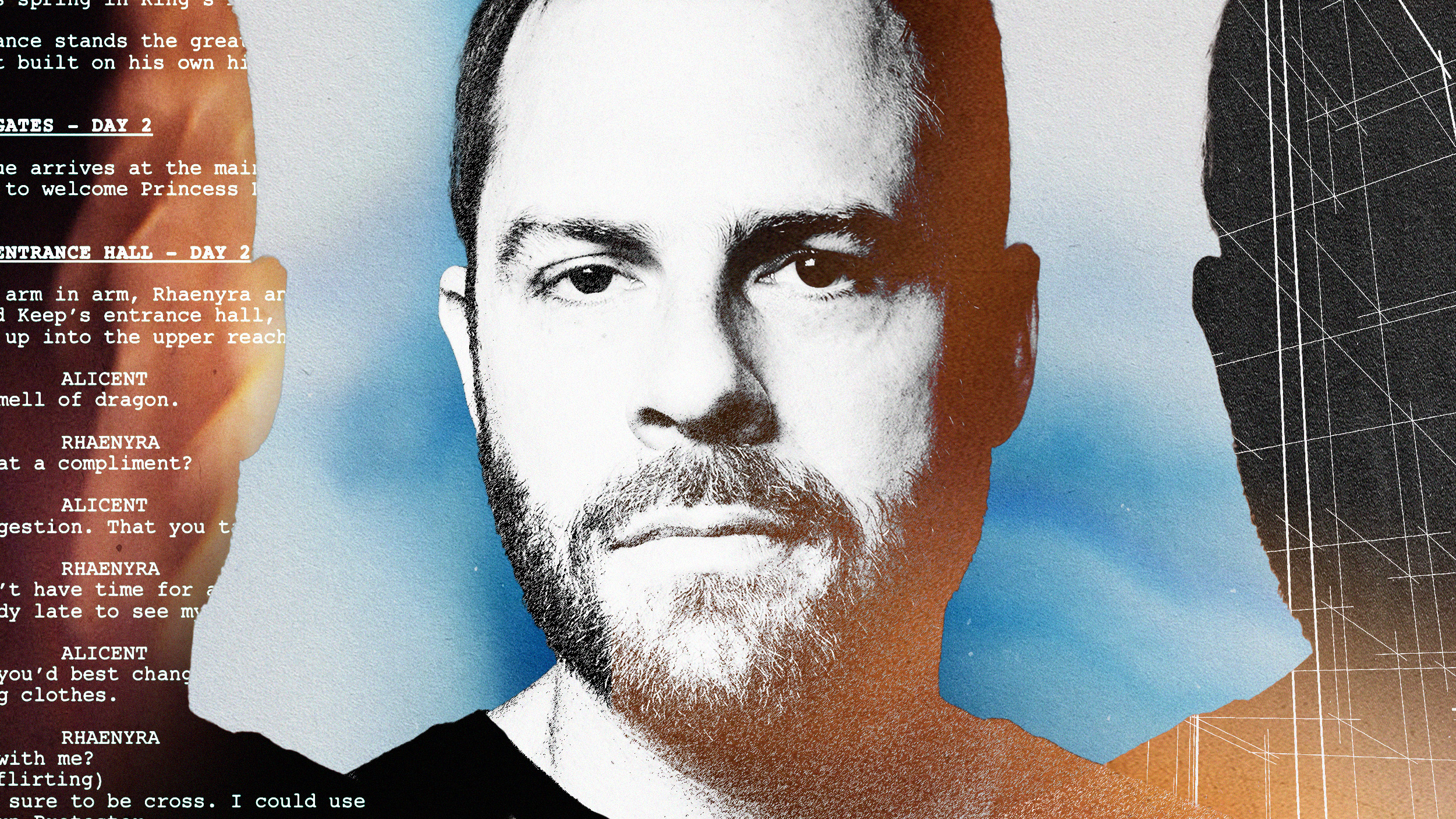Steven Pinker’s personal philosophy is based on reason.
Question: Do you have a personal philosophy?
Pinker: I think my own personal philosophy – one that I think offers a sounder basis for knowledge and wisdom than religion – is based on reason. Now as soon as soon as we’re having this conversation, as long as we are trying to persuade one another of why you should do something or should believe something, you are already committed to reason. We are not engaged in a fistfight. We’re not bribing each other to believe something. We’re trying to provide reasons. We’re trying to persuade, to convince. As long as you’re doing that in the place first place, you’re not hitting someone with a chair, or putting a gun to their head, or bribing them to believe something. You’ve lost any argument you have against reason. You’ve already signed on to reason whether you like it or not. So the fact that we’re having this conversation shows that we are committed to reason. That is the starting point. And from reason many other things follow. I think science is just the application of reason to the natural world. There’s no such thing as the scientific method in the sense of a recipe or a formula, because techniques in science are always changing to handle the problems in front of us. Science is really an attempt to explain things, to answer the question of why it’s the way it is as opposed to some other way it could have been. And it’s an attempt to do your darndest to figure out the things that you believe are true. It’s the application of reason in the most purified and concentrated form, in a way that I think is continuous with philosophy, with law, with political organization if it’s done right. And I think it also provides much of the grounding for ethics and morality. At heart, morality is treating other people the way one would want to be treated oneself; and some version of that, of interchangeability of perspectives. It’s the fact that I’m not the only entity in the universe, and I have no grounds for privileging my interests over yours. That’s really what most or all moral systems ultimately boil down to. And again, as long as I’m talking to someone, as long as I am providing reasons, I can’t say that I am a unique, privileged person and hope for you to take me seriously. Why should you? You’re you, I’m me. Anything that I come up with as a code of behavior . . . any reason that I give you for how you should behave has to apply to me in order for me not to be a hypocrite or to contradict myself. And once you do that, then I think much or all of morality follows. And I think that the alternative that many people appeal to, mainly faith, is . . . immediately refutes itself. Faith means believing something with no good reason to do it. Once you’re talking to someone about what they . . . what is good to do, what they ought to do, or what they have reasons to do, you cannot appeal to faith. You’re committed to reason.
Question: Do religion and faith inform your worldview?
Pinker: I think that using the word God or the attitude of faith toward that which you don’t know is a copout. It’s a way of slapping a label on something rather than trying to understand it. Or since we may not understand everything, just say there are some things we don’t understand. To invent stories that sound as if they were true or could be true, to pretend that they’re true just so that we can have a story I think is unsatisfying, and it could even be immoral because it could lead you to mistaken policies to getting in the way of your best understanding of how the world works, to doing things that lead to more harm than good. A concrete example would be treating a cancer with some cockamamie herbal or homeopathic formula instead of the best medicine that we have. Or justifying invasions, and murders, and sacrifices on the grounds of appeasing some god or carrying out some divine mandate. There’s nothing but mischief that can come from inventing stories for that which we don’t understand. There’s nothing wrong with saying there are some things we don’t understand
Question: Do you feel a sense of purpose?
Pinker: There are some questions that may not have answers because they are bad questions. A question like, “Why is there something rather than nothing?” It may just be a stupid question. The question of why am I here, why was I put here, what is my greater purpose, might be like that. Given that I am here, I do think that I have an ethical imperative to be good to other people, to put my life to some purpose that I can define like understanding the world better, helping other people, taking the best advantage of the gifts that I find myself with; but some cosmic reason as to “why me” seems to me a kind of arrogance or egotism. Why should the cosmos care about me? That’s seems to be the height of grandiosity to think that it would.






